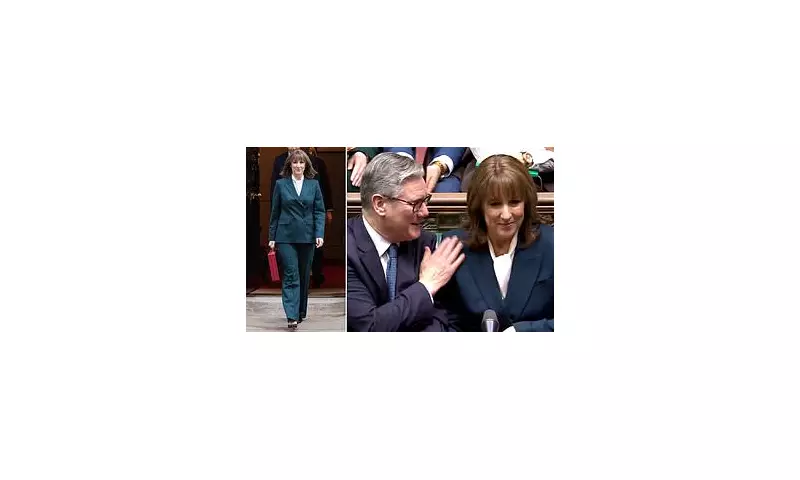
Chancellor Rachel Reeves has executed a dramatic Budget U-turn by scrapping the controversial two-child benefit cap, exposing what critics call the emptiness of Keir Starmer's 'country first, party second' election mantra.
Party Survival Trumps Fiscal Prudence
The Budget revealed a government prioritising political survival above all else, with projected benefit spending jumping by £16 billion annually since March. This reversal came after mutinous Labour MPs threatened to oust both the Prime Minister and Chancellor unless they abandoned welfare cuts.
Just last year, Reeves had told Labour MPs the blunt truth that scrapping the two-child cap was unaffordable, even suspending seven MPs who rebelled. But facing internal rebellion, the Treasury capitulated, removing the measure that will now cost taxpayers £3.5 billion annually.
Taxpayers Foot the Bill for Political Peace
The Chancellor's surrender to her party's left wing comes at significant cost to both the public purse and economic credibility. Taxes are rising to an all-time high to fund the expanded welfare commitments, with Reeves introducing or increasing a staggering 43 separate taxes.
In a remarkable policy reversal, the Chancellor even imposed a mansion tax she had opposed for years, despite experts warning it could stall housing market recovery. The move aimed to appease left-wing critics though it will actually cost taxpayers money over the next two years.
Growth Prospects Dim Despite Bold Claims
The Office for Budget Responsibility delivered a withering assessment of the Budget's economic impact, concluding that none of the 88 measures announced would likely have a 'material effect' on boosting growth. Overall, the OBR forecasts GDP will be one percent lower this Parliament than predicted just a year ago.
The Chancellor's initial plan to raise income tax was abandoned after warnings from Labour MPs, including deputy leader Lucy Powell, that breaking manifesto commitments would constitute 'political suicide'. This triggered what sources described as 'flat panic', forcing Reeves to cobble together alternative tax rises.
While Labour MPs cheered the Chancellor's welfare concessions, Cabinet sources acknowledged the political danger. One minister admitted the government was 'taking on the public rather than taking on our party', recognising the risk of backlash against an already unpopular government.
Another senior figure described it bluntly as a 'Budget for self-preservation', highlighting how personal survival drove decision-making for both Reeves and Starmer throughout the process.





